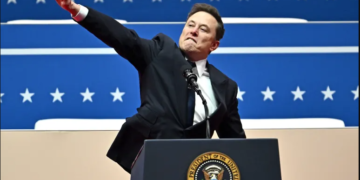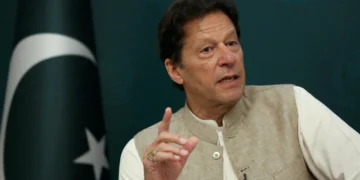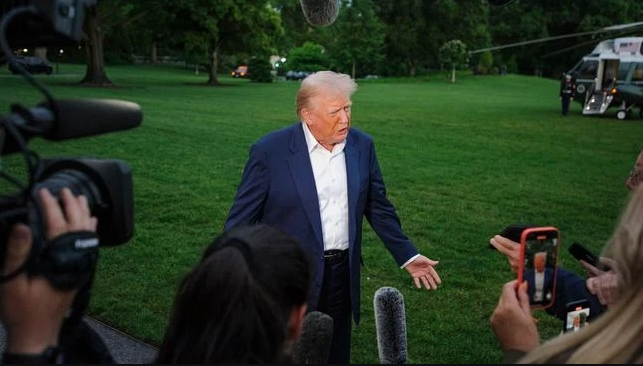In a bold and controversial move, former President Donald Trump has announced a sweeping proposal to impose a 100% tariff on all films produced outside the United States. This plan, aimed at revitalizing Hollywood and the broader American film industry, underscores Trump’s ongoing campaign themes of economic nationalism and cultural protectionism.
A Bid to Bring Hollywood Home
President Trump has long criticized what he views as the erosion of American industry at the hands of foreign governments and global corporations. Now, he’s turning that focus toward the film sector. According to Trump, countries like the United Kingdom and Canada have created “unfair competition” by offering tax breaks and subsidies that lure film productions abroad.
“This is not just a cultural issue — it’s an economic and national security concern,” Trump said during a recent rally. “We are going to bring the movie business back to America where it belongs.”
Industry Leaders React
Reactions from the film community and political leaders have been mixed. Some domestic labor unions and local production companies are welcoming the proposal. They argue that Hollywood has become overly dependent on foreign labor markets, which has cost American jobs and diminished the cultural authenticity of American cinema.
Sean M. O’Brien, a leading union figure, praised the idea, stating that protecting U.S.-based jobs in film and television should be a bipartisan priority.
However, international film industry insiders and economic analysts have warned that such a tariff could ignite a trade conflict and have unintended consequences for both independent and studio-backed film projects. The UK, in particular, has voiced concern, noting that American films account for a significant share of its media sector revenues.
What It Could Mean for Moviegoers
If implemented, a 100% tariff would essentially double the cost of foreign films entering the U.S. market. This could drastically reduce the number of international movies shown in American theaters and on streaming platforms, reshaping the cultural landscape for audiences who enjoy global cinema.
Moreover, studios that rely on foreign filming locations for cost savings might face difficult financial decisions — either absorb the additional cost or pass it on to consumers in the form of higher ticket and streaming prices.
A Cultural and Economic Statement
This proposed policy aligns with Trump’s broader agenda to repatriate American industries and assert greater control over cultural narratives. While the logistics and legality of such a tariff remain uncertain, it has already stirred significant debate about the role of government in the entertainment sector.
Critics argue that art should transcend borders, and that film — like music or literature — benefits from a rich exchange of ideas across cultures. Supporters counter that American cinema has suffered from decades of outsourcing and needs urgent intervention to survive.
Looking Ahead
As the 2024 election looms, this proposal is likely to become a flashpoint issue for both economic and cultural discussions. Whether or not it becomes policy, Trump’s call to “bring back Hollywood” has struck a chord with many who believe American storytelling should be rooted — and produced — in America.







































